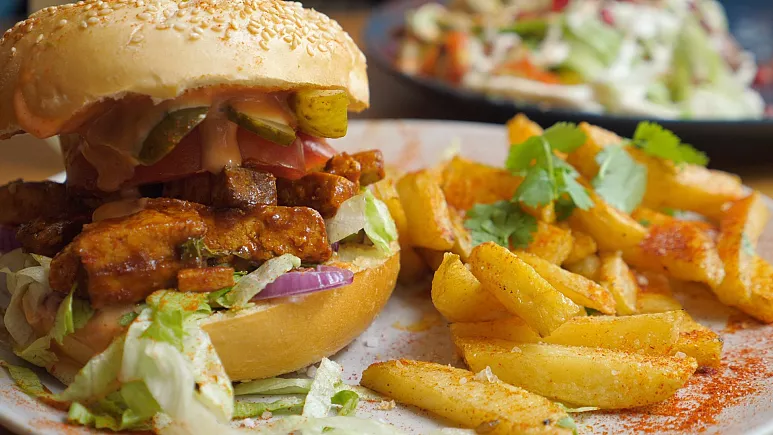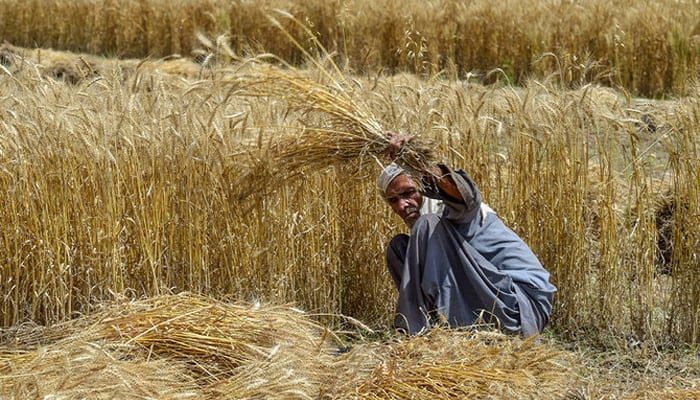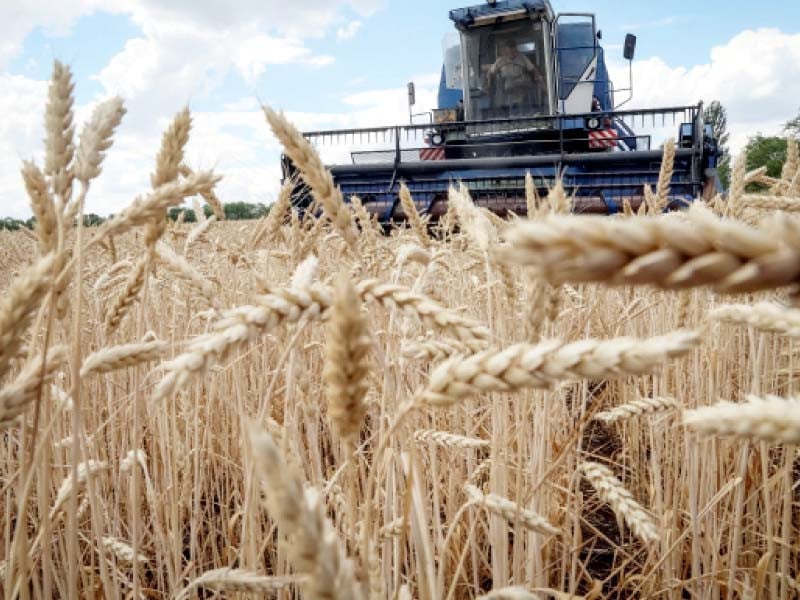Vegans eat more ultra-processed foods than any other diet. How bad is that really for health and the environment?
Veganism has the potential to promote healthy eating as people ditch meat – but the rise of ultra-processed foods (UPFs) could hamper its positive effects.
Product launches for plant-based convenience foods tripled between 2013 and 2018. In the UK, half the population have added meat substitutes to their diets, while almost a third opt for alternative milks.
Many of these plant-based substitutes are classified as UPFs: foods that have undergone heavy processing to improve their perishability and taste. UPFs are often high in salt, sugar and saturated fat, with additional colourings, preservatives and additives.
In France, UPFs comprise 39.5 per cent of the total calorie intake in a typical vegan diet – more than for vegetarians and meat eaters.
A study in Germany discovered that although general consumption of ultra-processed plant-based alternative foods (PBAFs) is low, 39.1 per cent of vegans and vegetarians eat them at least once a month.
How do vegan UPFs affect our health?
The UK’s BBC Panorama show recently highlighted several health risks that could be linked to UPFs, including cancer, cardiovascular disease, diabetes, stroke and obesity.
The picture for plant-based meat substitutes is more complicated. Some researchers stress that these products have less saturated fat and more fibre than meat equivalents.
They also help consumers avoid red meat, which the WHO has designated as carcinogenic.
Yet not all meat alternatives are created equally. In 2018, Action on Salt found high levels of sodium in many plant-based substitutes. Fry’s Special Traditional Burger (sold in Britain), for example, contained three times more salt than a packet of crisps.
“We cannot really say they are healthier than meat, because it depends on what type of meat,” says Risius. “When you look at meat substitute sausages, you also have a bad health effect.”
According to the Soil Association, part of the problem is the manufacturing itself, which alters the structure of foods.
“It changes what’s known as the food matrix,” says Cathy Cliff, the Soil Association’s policy advisor. “Whereas in an original plant material, you get the whole makeup of the food that is naturally produced, in ultra processing, it’s almost like the products aren’t foods anymore. The physical and chemical composition, and the excessive quantities of refined ingredients, is having an effect on our health.”
Certain additives can tarnish UPFs with their own risks. Last year, carrageenan – an emulsifier derived from red seaweed, which gives Alpro’s longlife chocolate shakes their creaminess – was linked with postmenopausal breast cancer.
But even where products are benign, they reduce our diets’ overall quality by leaving less room for wholefoods.
“Instead of making up your diet with minimally processed foods – including tinned and frozen produce, fresh breads, and healthy cereals – they’re being displaced by ultra-processed foods, which have little nutritional value when they dominate our diet,” says Cliff. “We’re not saying never eat these foods, but we need a better balance.”





























